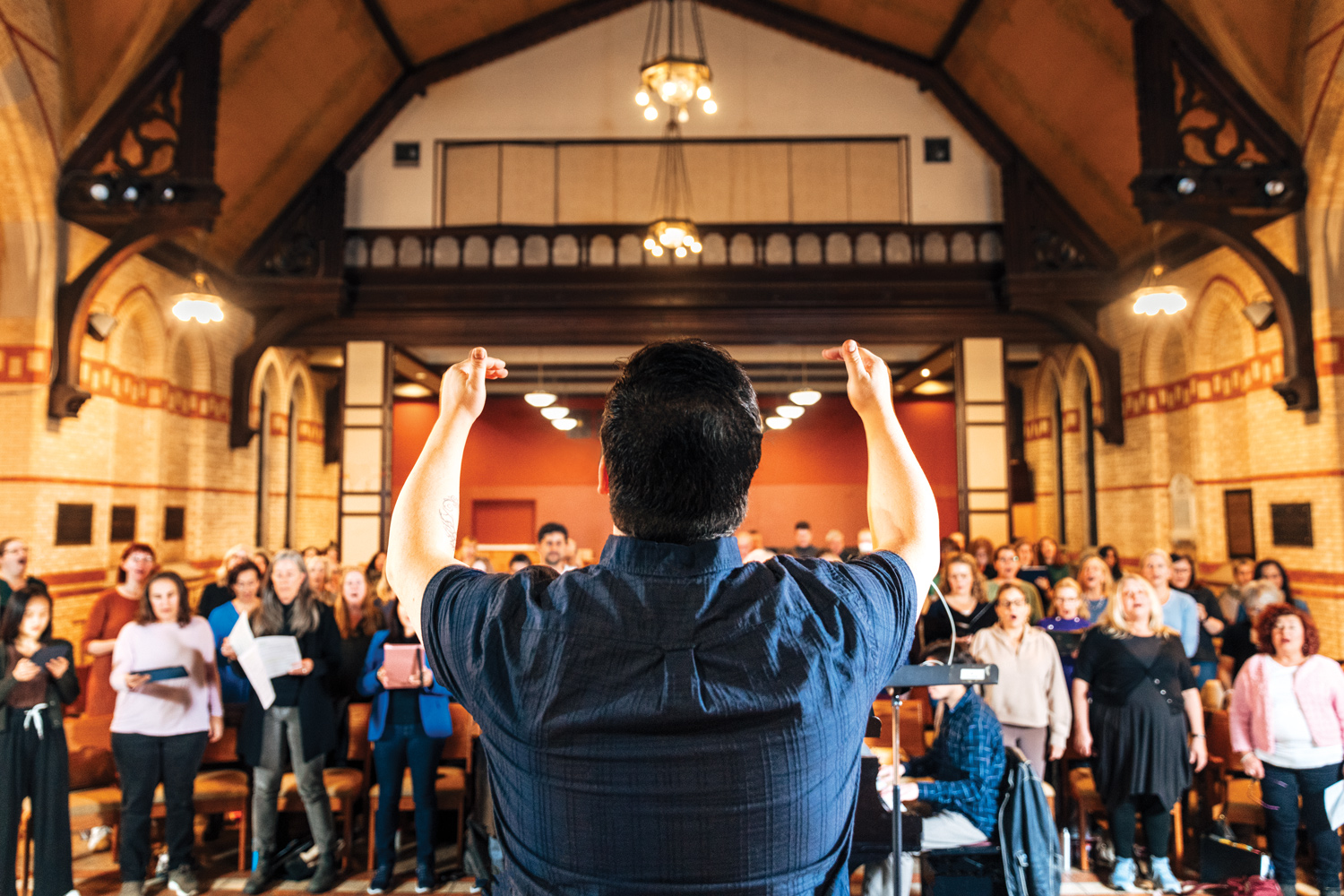Xue Sheng
All weight is underside
My first Shifu always played Chinese music when we did taijiquan forms, I was never a fan of that practice. My Yang SHifu never played any music, and to me, the music was a distraction from what you should be focusing on.
However today i saw something that made me feel that music with taijiquan might be a good idea in some cases. They are using dance with music, both seated and standing, to help those diagnosed with Parkinson's, and it seems to help them with their daily activities and give them some elevated sense of control. It is not a cure, but it does helo them cope. My guess, taijiqun, done with music, woud have the same effect.
My father passed away 13 years ago due to Parkinson's disease, so I tend to take notice when I see things associated with Parkinson's.
Although I still don't feel Music with taijiquan is a good idea for most, it gets you focusing on music, IMO, it becomes a dance. But for Parkinson's sufferers I think it could be a good thing.
However today i saw something that made me feel that music with taijiquan might be a good idea in some cases. They are using dance with music, both seated and standing, to help those diagnosed with Parkinson's, and it seems to help them with their daily activities and give them some elevated sense of control. It is not a cure, but it does helo them cope. My guess, taijiqun, done with music, woud have the same effect.
My father passed away 13 years ago due to Parkinson's disease, so I tend to take notice when I see things associated with Parkinson's.
Although I still don't feel Music with taijiquan is a good idea for most, it gets you focusing on music, IMO, it becomes a dance. But for Parkinson's sufferers I think it could be a good thing.



